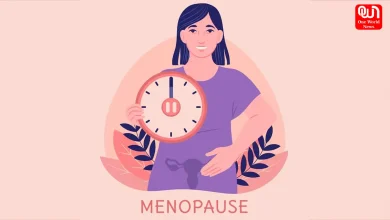How Engineered Microbes Are Turning Harmful Emissions Into Biofuels and Valuable Products
Engineered microbes are revolutionizing carbon recycling by converting harmful emissions into biofuels and useful products for a sustainable future.
Engineered Microbes Are Being Developed to Transform Harmful Emissions Into Biofuels and Valuable Products for a Sustainable Future
With climate change and environmental degradation encroaching upon our very existence, scientists find themselves propelled into an endless chase for innovation to bring some mitigation to global carbon emissions. One of the best candidates can be found with engineered microbes—microscopic organisms specifically designed to convert industrial waste gases such as carbon dioxide (CO₂) and methane into products of value, like biofuels, plastics, and other chemicals. Tiny powerhouses may prove thus a critical approach for cleaner ways of living and circular economies.
Microbial engineering combines elements of synthetic biology and biotechnology to modify the genetic architecture of microbes so they can metabolize and transform foreign materials into energy-rich compounds. This discourages greenhouse gas emissions at the same time when providing the means of generating renewable substitutes for fossil-based products.
How microbes convert emissions to energy
Engineered species employ natural principles as a basis, with scientific refinement to elevate them. Some organisms, ranging from algae to bacteria, in their native form, are capable of using CO2 as an input during photosynthesis. This option is now enhanced by an improvement of existing natural capabilities—through alteration of the genetic code of the microbes- to obtain efficiencies and products of interest.
For instance, Clostridium autoethanogenum, a microbe that naturally utilizes carbon monoxide, has been genetically modified to produce ethanol, a prevalent biofuel. Likewise, cyanobacteria and algae are genetically modified for converting CO2 into biodiesel precursors or bioplastics. The outcome is a clean, scalable way to produce fuels and materials while sequestering carbon emissions.
An Industrial Sustainability Approach
Industrial sectors such as steel, cement, and energy generation are some of the biggest culprits of global emissions. Engineered microbes provide a pathway to “clean up” these industries by capturing their waste gases and transforming them into value. Factories could use integrated systems with microbial bioreactors developed to convert pollution into profit as opposed to just filtering emissions and releasing them.
This biological method seems to be way more efficient than existing methods of carbon capture. Instead of requiring high pressures for storage or fancy chemical reactions, microbes can work at ambient conditions and replicate themselves, thus becoming sustainable and cost-effective.
Read more: Summer Hydration Hacks: Stay Hydrated Even When Water Is Not Around
The challenges and what lies ahead
Technical and economic challenges still obscure the promise of microbial carbon recycling. The issue is to scale-growing from lab to industry-with faithful systems producing consistent yields at an economical price. Researchers are working intensively on improved engineered microbial durability and productivity, along with cost-competitive processes.
Investments in synthetic biology and climate-concerned tech startups are gradually ramping up, evidencing the belief in this area of development. As global industries search for fresh options for decarbonization, engineered microbes may soon grow into the linchpin for a greener low-carbon outlook.
Conclusion
Engineered microbes cleanly represent a fascinating and hopeful intersection between biology and sustainability. Turning emissions into biofuels and other beneficial products sets them as pathways to reducing environmental detriment and opening a new frontier in circular economy innovation.
We’re now on WhatsApp. Click to join.
Like this post?
Register at One World News to never miss out on videos, celeb interviews, and best reads.








